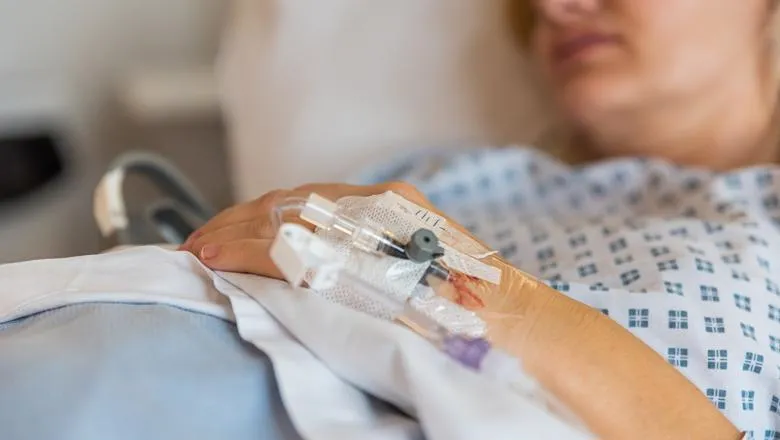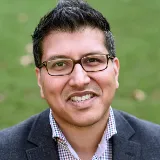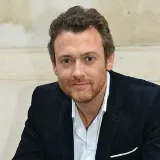“SAGE (the Scientific Advisory Group for Emergencies) and many other bodies tasked with managing the pandemic failed to properly consider, despite available evidence, the wider impact of effectively shutting patient pathways and services. This has resulted in significant avoidable mortality and morbidity and lessons must be learnt”.
Professor Richard Sullivan, Director of the Institute of Cancer Policy and Co-Director of the Centre for Conflict & Health Research
16 February 2023
King's oncologists comment on impact of COVID-19 pandemic on cancer care
The editorial, published in BMJ Oncology, explores the impact of the pandemic on the national cancer care system and the steps that should be taken going forwards.

A new editorial involving Dr Ajay Aggarwal (Clinical Oncologist at GSST) and Professor Richard Sullivan (Director of the Institute of Cancer Policy) explores how the nation’s cancer care system has been impacted by the pandemic.
In the BMJ Oncology article, the authors state that, at the time of writing, there are over 28,000 people waiting longer than 62 days on a suspected cancer pathway. This is double the 14,000 before the pandemic, meaning worse survival outcomes for people that receive later diagnoses with more advanced stages of cancer. There are also concerns that ‘missing cancer patients’ – people who avoided coming forward for a cancer diagnosis during lockdown – won’t ever book an appointment to be screened.
“The NHS has not managed to fully recover to pre-pandemic levels of NHS activity and worryingly there is no evidence that the ‘missing cancer patients’ (the shortfall in cancer diagnoses during the pandemic based on annual incidence rates) will ever come forward.”
Though cancer care was already under strain in the NHS due to staff and bed shortages, the pandemic had a significant impact that the authors believe will likely result in a substantial loss in years for people with cancer.
The paper roots its analysis in the first lockdown, in which cancer screenings were suspended and diagnostic referrals were deferred or cancelled. One example of its impact can be seen in the 35% decrease in deferrals for patients with suspected lung cancer between March and November 2020.
A similar pattern was seen in cancer treatments like surgical treatments which nearly ground to a halt in the first lockdown. This was due to data suggesting that post-surgery patients were much more likely to die from COVID-19, and guidelines that supported delays of some surgeries.
The authors argue that such practice was either founded on flawed evidence or subsequently challenged by new publications.
Other forms of cancer treatments, particularly radiotherapy, were better maintained by the NHS during the pandemic to the point that radiotherapy was used as an alternative to bladder and oesophageal cancer surgery.
Public health messaging at the beginning of the pandemic was also criticised for failing to accurately convey the risk of not seeking medical attention when experiencing cancer-like symptoms, and delays in providing clinicians with information regarding COVID-19-related risks with cancer diagnosis and treatment.
“We would argue that instead what is required is a greater focus on health system strengthening—governance, financing, workforce, performance and effective implementation of evidence-based therapies.”
Alongside recommendations for specific areas of study like the efficacy of substituting surgical care for radiotherapy, the authors argue for greater investment into, and for more centralised control of, the NHS and private healthcare sector.
Private healthcare usage has increased as people with the ability pay for faster cancer care, exacerbating existing health inequalities among different socioeconomic groups. As well as providing more resources and staff to increase NHS capacity, such reforms could help address this growing inequality.


